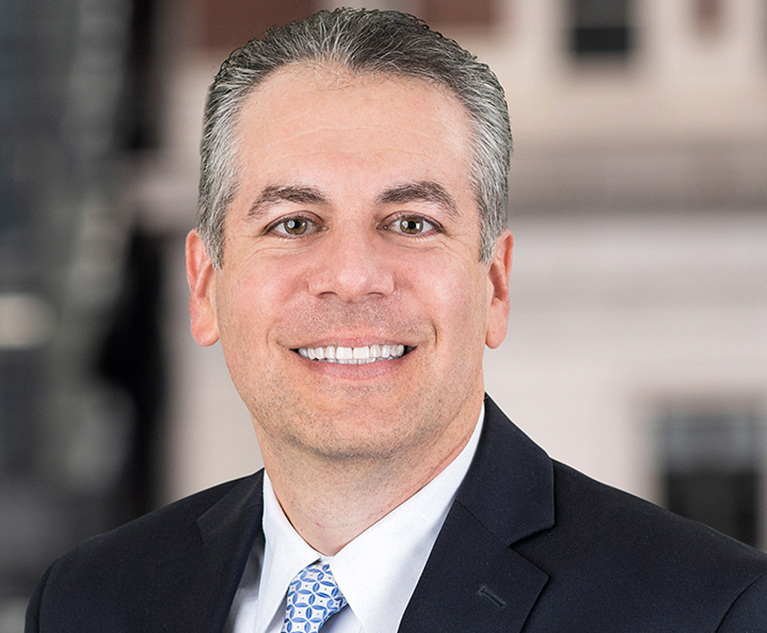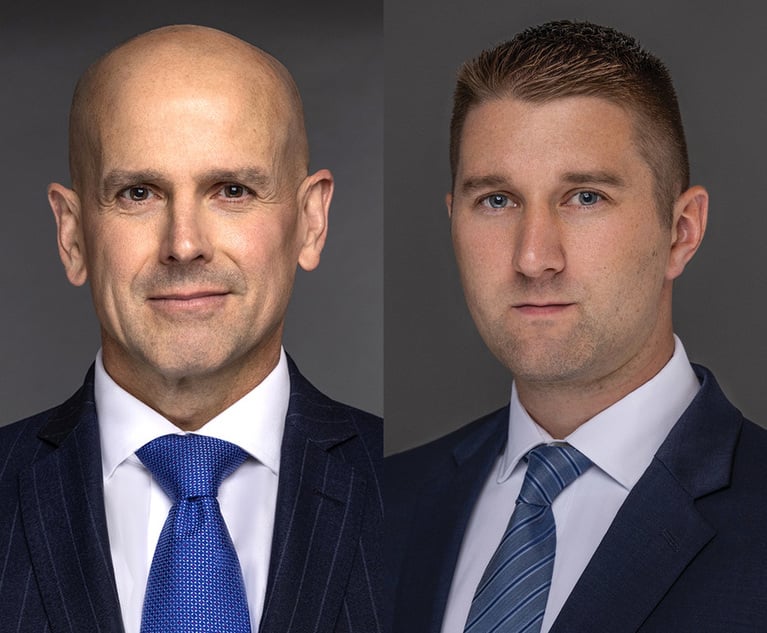International pop icon Britney Spears has, in recent years, achieved a grimmer kind of fame: surging interest in her ongoing 13-year conservatorship (guardianship) saga has made Spears a cause célèbre for reform efforts. Speaking in open court for the first time last month, Spears publicly denounced the conservatorship, calling it “abusive.” In tones of heartbreak, frustration and anger, she described in detail her powerlessness to control nearly every aspect of her life. Spears added that she was unaware of her right to petition to end the conservatorship and had previously been unable to select her own lawyer. Her conservators and managers, she said, “should be in jail.”
Although Spears’ case is hardly typical, its high-profile nature has increased the growing spotlight on the nationwide issue of guardianship abuse, neglect and exploitation. Guardianship can strip individuals of fundamental rights and powers most people take for granted. An adult deemed “incapacitated” may be unable to decide where to live, how to spend income, whether to sell real or personal property, which health care to receive or refuse, and even which friends or family members with whom to visit. Sometimes, guardianship truly is necessary, though it should be limited in scope whenever possible. Other times, guardianships are overbroad and/or implemented without due consideration for less-restrictive alternatives, which include durable financial and health care powers of attorney, Social Security representative payees and VA fiduciaries, living wills/advance directives, Act 169 health care representatives (codified at 20 Pa. C.S. Section 5461), supportive services, and trusts.


 Valerie L. Snow of SeniorLAW Center. Courtesy photo
Valerie L. Snow of SeniorLAW Center. Courtesy photo




